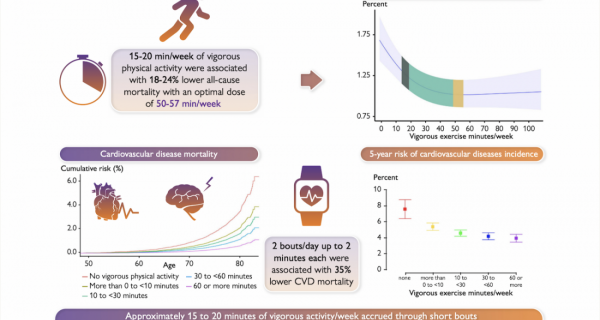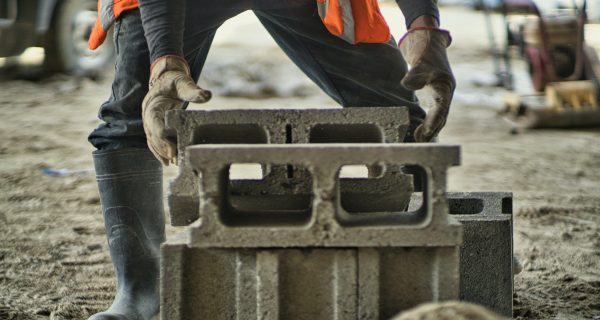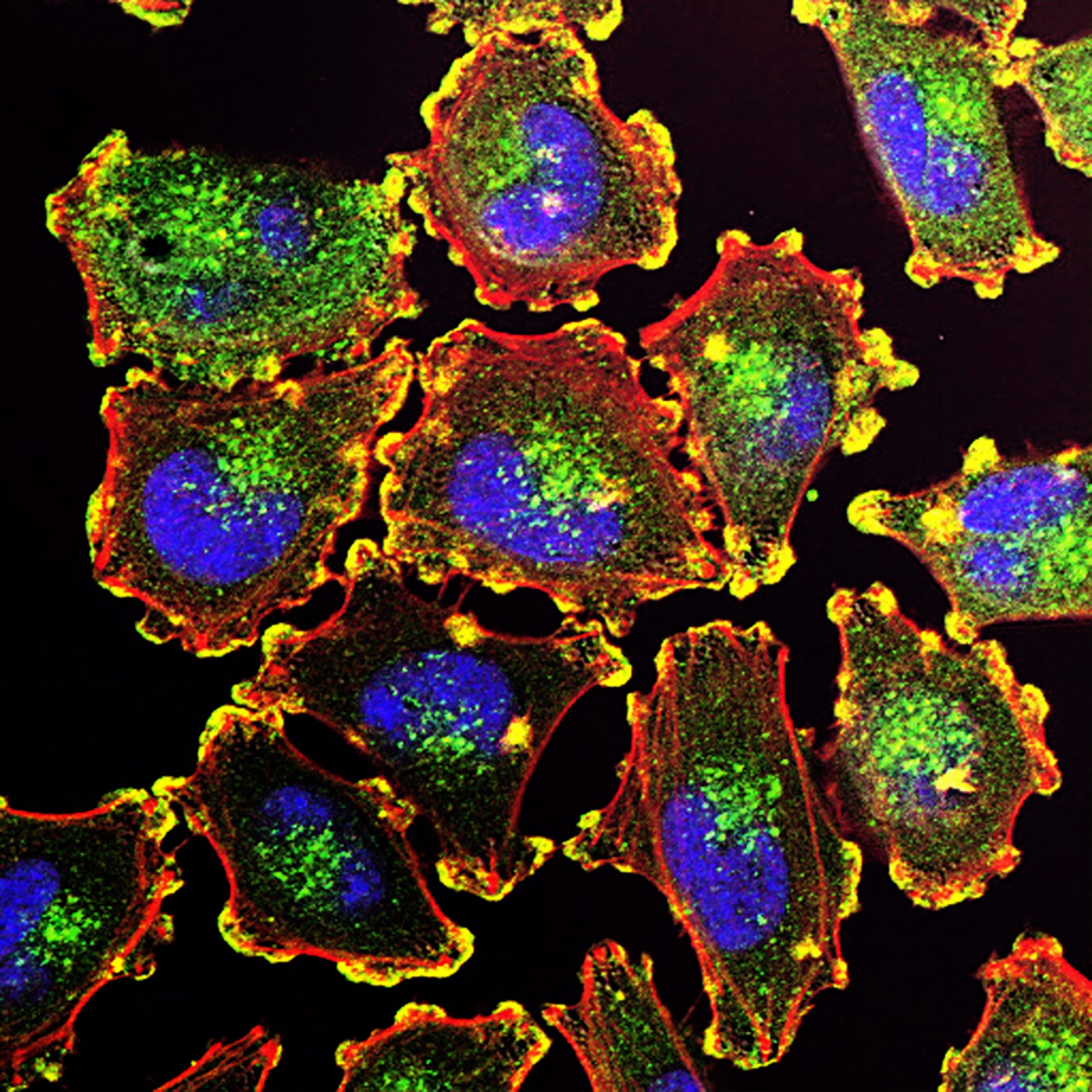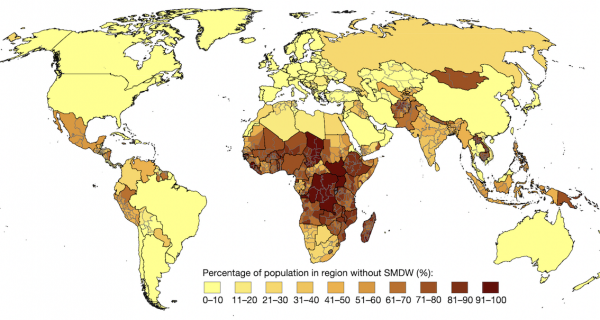Men who do more physically demanding work are more fertile, a new study finds
Research found men who reported often lifting or moving heavy objects at work had 46% higher sperm concentration and 44% higher total sperm count compared to those with less physical jobs.
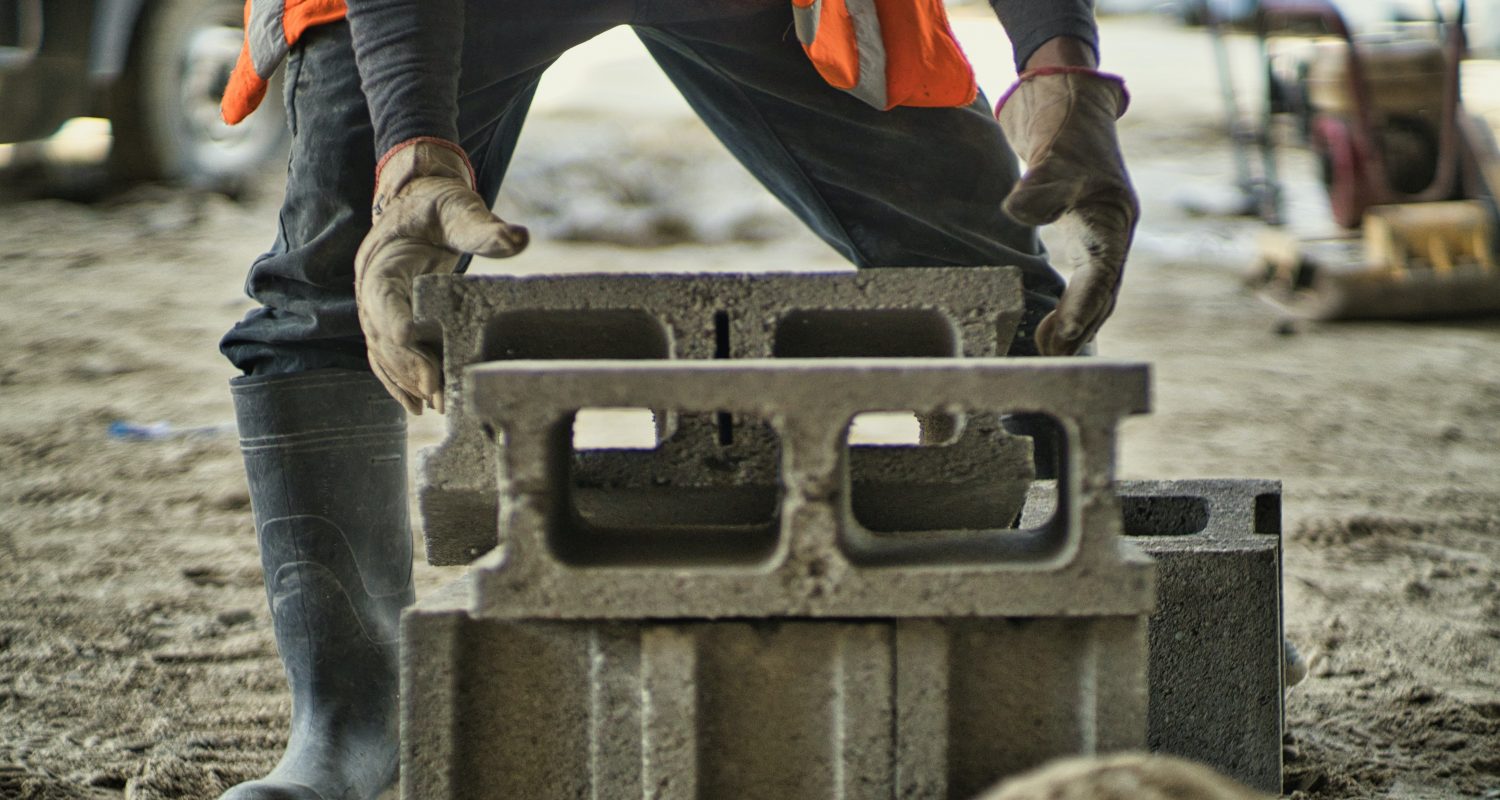
Did you know that semen quality has been declining in recent decades?
Infertility is estimated to affect about 10–15% of all couples in the world, and male infertility – including factors such as sperm count, semen quality, and sexual function – is the most common cause, accounting for 40% of infertility cases.
A new study from Harvard Medical School researchers at Brigham and Women’s Hospital suggests that men who lift heavy objects on a regular basis at work have higher sperm counts than men whose work is less physically demanding.
The study, published in Human Reproduction, is part of the Environment and Reproductive Health (EARTH) cohort, a clinical study that aims to explore how environmental chemicals and lifestyle choices affect reproductive health.
Between 2005 and 2019, 511 men enrolled in the EARTH cohort and provided at least one semen sample and 401 (78%) completed a questionnaire containing information on occupational factors. Of these, 377 (94%) men who self-reported being actively working and who contributed 950 semen samples were included in this analysis.
The researchers in this study found that men working non-daytime/rotating shifts and those with physically demanding jobs had higher sperm concentrations and total sperm counts as well as estradiol and total testosterone concentrations, compared to men working daytime shifts and those who reported never lifting/moving heavy objects or with jobs that involved only a light level physical exertion.
These findings suggest that certain occupational factors may be linked with testicular function in men and add to the existing literature on modifiable lifestyle factors of male fertility.
“We already know that exercise is associated with multiple health benefits in humans, including those observed on reproductive health, but few studies have looked at how occupational factors can contribute to these benefits,” said first author Lidia Mínguez-Alarcón, HMS assistant professor of medicine at Brigham and Women’s and a co-investigator of the EARTH study.
“What these new findings suggest is that physical activity during work may also be associated with significant improvement in men’s reproductive potential,” she said.


















